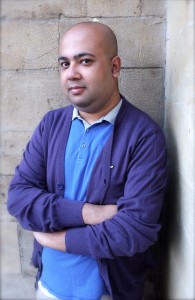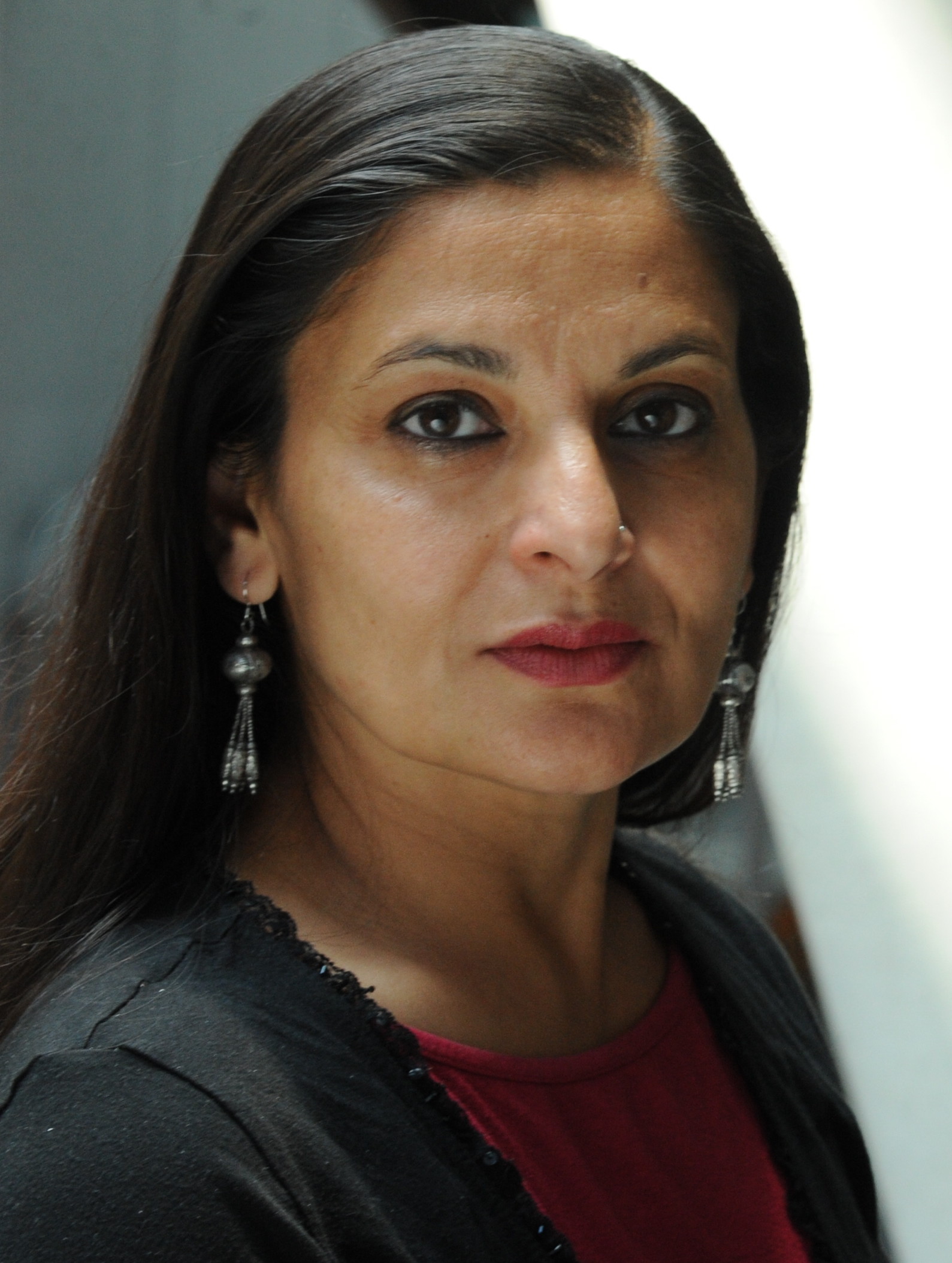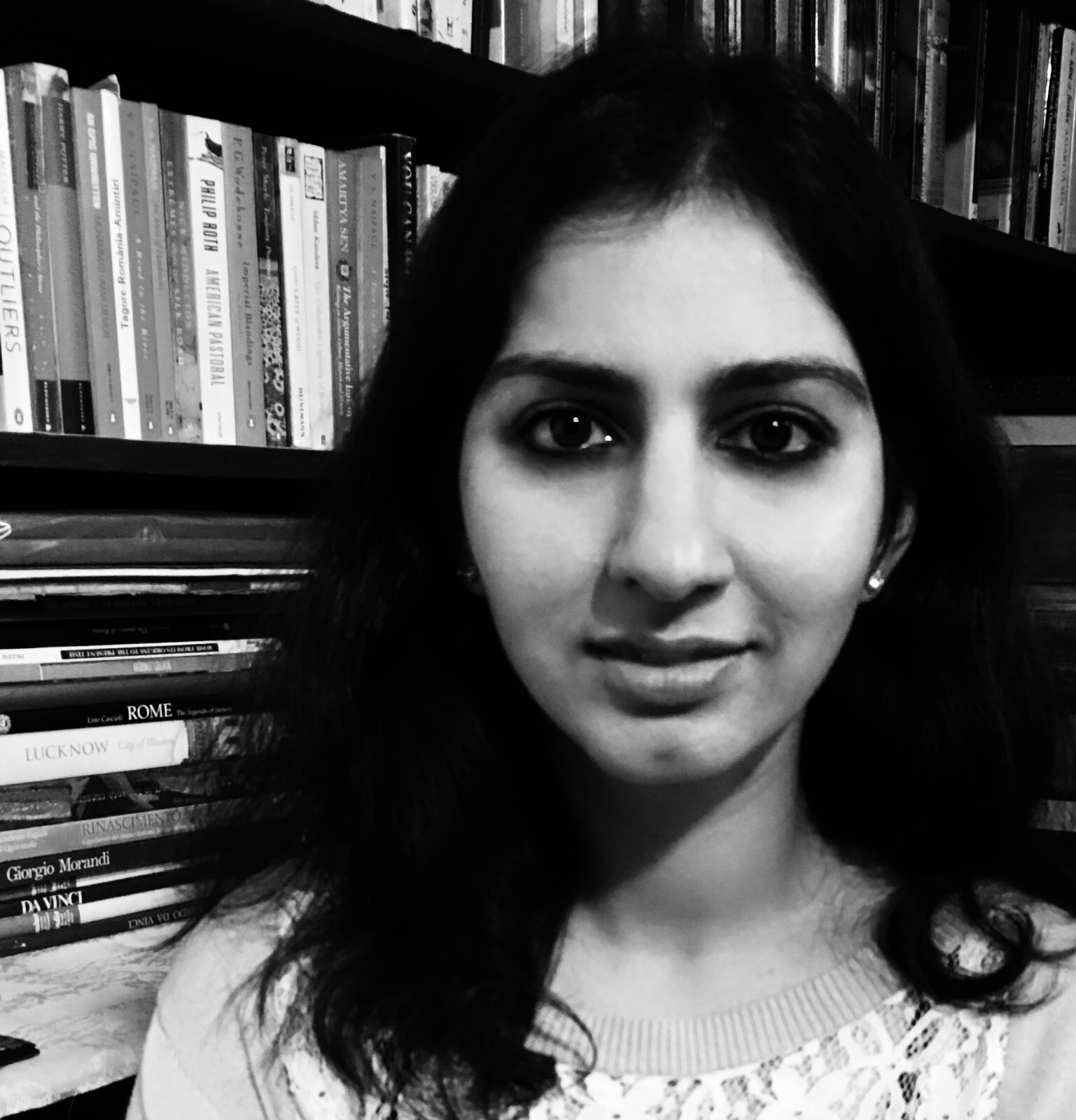
Q. What inspired you to write your first novel, Land Where I Flee?
I had a two-book deal, and the second book had to be a novel. I’d be lying if I said there I had a story in me that was dying to be told.
You know how it is with family. There are plenty of uncomfortable moments. Often, we don’t know what our roles are when two members of the family are at loggerheads with each other – do we intervene, or do we mind our own business? Isn’t another family member’s business our own? Is it? Where is the line drawn? Encapsulating all that in a novel seemed like a natural thing to do. Uncomfortable silences, rude replies and cold wars take place in every family.
Q. Tell us about Prasanti – she’s a colourful character, made for fiction. Where did the inspiration come from to write about hijras?
I think every novelist who grows up in India has a desire to write about eunuchs. They are such fascinating people. They have their own governments, membership rules and hierarchies. I wanted Prasanti to be a eunuch – if there was one aspect of the novel I was sure of even before I started writing the book, it was Prasanti’s sexual identity. I wanted to ensure that Prasanti’s character didn’t come off as a caricature. That’d have been too easy to do.
Q. Ruthwa is a menace. He’s cruel and insensitive – nothing like writers I know and interview. Are writers really that difficult?
Ruthwa is aneverywritergonebad. You don’t want writers like him around, but you find them everywhere. Egos swollen by the few feature pages dedicated to them and yet frustrated because, of course, more recognition and more money are always better. Some writers are easy, and others are difficult. Ruthwa just happens to be a difficult one.
Q. Your collection of short stories was published to critical acclaim (The Ghurka’s Daughter). Now Land Where I Flee is garnering praise worldwide. How was writing a novel different to writing that first book and which did you enjoy more?
I definitely enjoyed writing the novel more than I did the collection of short stories. I started writing a collection of short stories because I thought it’d be easier than writing a novel. I was wrong. A novel gives you plenty of room to play. Of course, part of the reason I found writing the novel easier than I did writing the collection of short stories could be because I had evolved somewhat as a writer between the two books.
Q. There’s no shying away from the fact that you’ve been described as the next big thing in South Asian fiction by various media. What impact, if any, has this had on your creative process and writing.
In the beginning, there was pressure. I then learned that I’d have to learn not to take things written about me too seriously. That’s helped. See, you have to learn to laugh at these delightful sobriquets. You take them too seriously, and you’re taking life too seriously.
Q. I’ve not come across many books that draw on Nepali culture before. Why do you think there is a genuine lack of stories in popular culture about the Nepalese?
The stories are there. The writers are there. A few books are being published in South Asia. I think more than anything else it’s a matter of publishers in the West needing to wake up to the excellent fiction emerging from the Nepali-speaking world.
Q. What’s next for you as a writer – I know you’re busy with promoting the book and festivals – are you looking forward to getting back to writing?
Good lord, wouldn’t it be wonderful to only write? I realize those days are long gone. My plans keep changing. I have thought of doing a prequel to LAND WHERE I FLEE or a sequel to each of the stories in THE GURKHA’S DAUGHTER. Then I think of writing a children’s book. What do I know? Ha.
Prajwal Parajuly – the son of an Indian father and a Nepalese mother – divides his time between New York and Oxford, England, but disappears to Gangtok, his home town in the Indian Himalayas, at every opportunity. Parts of The Gurkha’s Daughter: Stories were written while he was a writer-in-residence at Truman State University, in Kirksville, Missouri.

